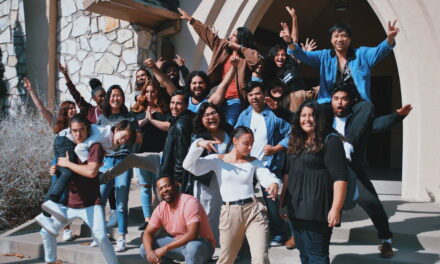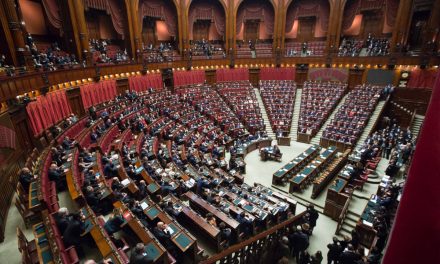Once we consider the idea of direct democracy as a primary model of democracy instead of the currently wide accepted delegative democracy we can start arguing about its application as the main functioning system of a society. Although hardly any system can be found in its ideal form, in this case, for the purpose of comparison with anarchism let’s consider the ideal form of direct democracy: radical direct democracy (RDD).
In RDD we assume there is basically no central government as the entire power and decision-making is exercised directly by its citizens. Although such a task may seem impossible at first glance, nowadays thanks to technological progress we do possess means and tools for achieving RDD. Imagine a social network designed primarily for this purpose. It is not far from the reality since political groups such as Pirate Parties already have such systems designed developed, functional.
Therefore, RDD is not a form of imagination anymore but a strong candidate for substituting our current political system. But where does RDD stand together with anarchism? The basic argument is that the journey towards achieving visions of both systems includes quite similar goals. In addition, the main precondition for achieving the vision is basically the same. Lets look at these visions and preconditions separately and do the comparison.
(RADICAL) DIRECT DEMOCRACY: FROM IDIOTS TO CITIZENS
A direct democracy whether in its radical form on not has a vision in which society consists of well-informed and responsible citizens capable of political decision-making and exercising the power. It tends to achieve this by turning individuals from idiots (in the original meaning of the word idiot) into citizens. Actually, direct democracy is not achievable if the society consists of ignorant idiots driven by self-interest because it will eventually and obviously fail in every aspect whether economical or social. Therefore, responsible citizens driven by a mission of achieving the common good are the main precondition for a functional democracy.
ANARCHISM: MAXIMUM FREEDOM & MAXIMUM RESPONSIBILITY
On the other hand, anarchism has a vision of a society in which every individual has maximum freedom. There is no governing institution, group, or individual which tells you what you can or cannot do. However, anarchism is a lot more than that. For example, the journey for achieving this vision of anarchism includes highly responsible individuals. You don’t just take down every form of authority and let individuals do whatever they want to do. The main precondition for achieving maximum freedom of individuals is their ability to bear maximum responsibility for their deeds.
THE COMPARISON AND CONNECTIONS
As you may have already noticed the ideal for a citizen suggest by direct democracy and the ideal for a free individual suggested by anarchism share quite similar characteristics. The high responsibility of an anarchist arguably includes the personal traits of a citizen who lives under a direct democracy: the citizen who is well informed and driven by the common good is indeed a highly responsible citizen.
We could go on with listing all the different virtues which both ideal anarchist and ideal citizen should possess but it should be obvious how most of these virtues will overlap for both systems since both anarchism and RDD depend on every individual that is a part of the system. And those individuals need to be virtuous in order for the system to function properly.
Perhaps there are many differences if we start analyzing and comparing anarchism and direct democracy from different aspects such as the law since the former includes the absence of law while the latter includes the law as a result of consent. For sure there are many other dissimilar aspects but whichever system one wants to achieve it all starts from individuals. It all begins as building ourselves as better people in order to earn the maximum freedom of anarchism or empowered status of direct democracy.











